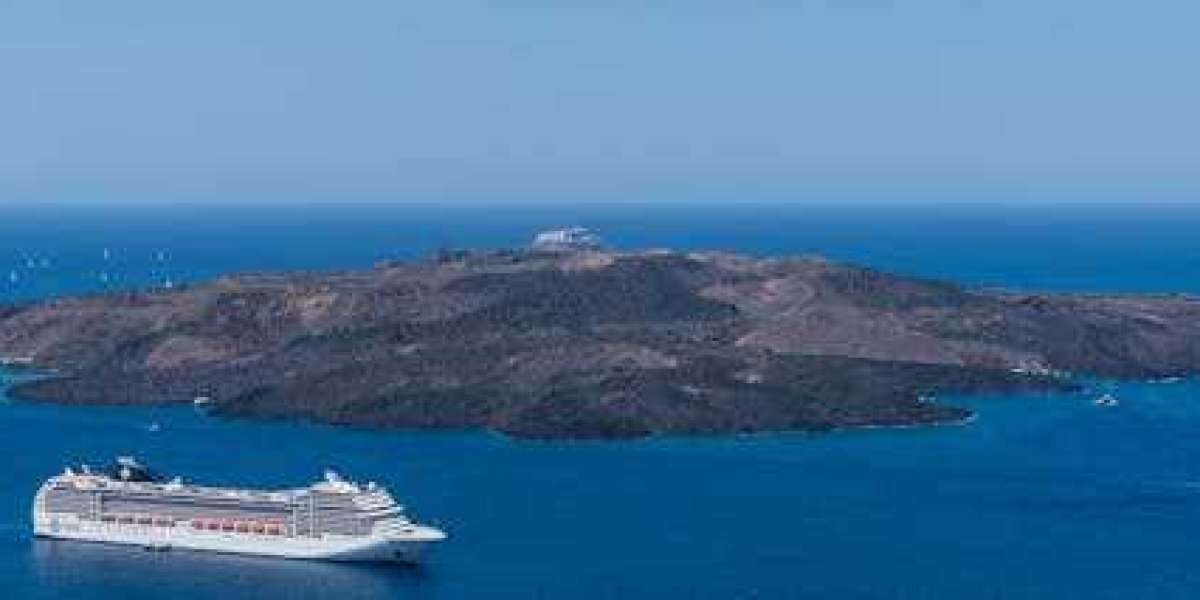The maritime industry has undergone significant transformations over the years, driven by advancements in technology, and cruise ship tracking technology is no exception. From basic navigation instruments to sophisticated satellite-based solutions, cruise ship tracker have evolved significantly, revolutionizing the way we navigate the seas and ensuring safer, more efficient voyages for passengers and crew alike. Let's explore the evolution and impact of cruise ship tracking technology on the cruising industry.
Early Navigation Systems
In the early days of maritime travel, navigation relied primarily on manual methods, such as celestial navigation and dead reckoning, to determine a vessel's position and course. While effective for short-range navigation, these methods were limited in their accuracy and reliability, particularly in adverse weather conditions or at night. As maritime travel expanded into more challenging environments, such as open oceans and polar regions, there arose a need for more advanced tracking solutions.
Introduction of Radar Technology
The introduction of radar technology in the mid-20th century marked a significant milestone in the evolution of cruise ship tracking. Radar systems emit radio waves that bounce off nearby objects, allowing operators to detect and track vessels, landmasses, and navigational hazards in real-time. This enhanced situational awareness revolutionized maritime navigation, enabling safer and more efficient passage through crowded waterways and challenging environments.
Satellite-Based Tracking Solutions
In recent decades, satellite-based tracking solutions have become the gold standard in cruise ship tracking technology. Global Positioning System (GPS) receivers installed on vessels receive signals from a network of satellites orbiting the Earth, providing accurate and reliable positioning data in real-time. Automatic Identification System (AIS) transponders broadcast vessel identity, position, speed, and course information to other ships and shore-based monitoring stations, enhancing navigational safety and maritime traffic management.
Future Innovations
Looking ahead, the future of cruise ship tracking technology holds even greater promise, with the emergence of innovative solutions such as artificial intelligence (AI), machine learning, and blockchain technology. AI-powered algorithms can analyze vast amounts of tracking data to predict vessel behavior, identify potential collision risks, and optimize route planning strategies. Blockchain technology offers secure and transparent data sharing capabilities, enabling more efficient collaboration and communication among maritime stakeholders.
In conclusion, cruise ship tracking technology has come a long way since its inception, evolving from basic navigation instruments to sophisticated satellite-based solutions. As technology continues to advance, we can expect cruise ship trackers to play an increasingly integral role in shaping the future of ocean travel, ensuring safer, more efficient, and more sustainable voyages for passengers and crew alike.








